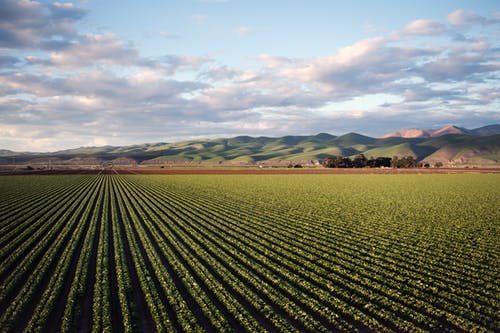Food companies and climate are interconnected the new research shows. Major farming and food companies might lose on average a quarter of their value by 2030. To stay in business they have to adapt to new government policies. Moreover, the consumers’ behavior is changed toward climate change. This is a resume of the latest report of Race to Zero, a U.N.-backed campaign to address climate change.
The research observed the adjustment capacity to new climate change policies of 40 big companies. Among them were agricultural producers and food traders. Researchers investigated the food industry’s capability to meet government-imposed carbon emissions taxes. The other topic of interest was what will happen with the food business if consumers reduce their consumption of meat due to climate awareness.
Data on climate and food business are merciless
Researchers used data from Vivid Economics. Vivid Economics is part of consulting firm McKinsey & Co. The report is to be presented at Climate Week in New York. The annual UN General Assembly meets at UN Headquarters in New York.
Their study found the companies’ value would decline around 7% by 2030 if they do not adopt new practices.
The new practices mean investors and companies to eliminate deforestation and land degradation linked to cattle, palm oil, and soy production. Farming and food companies have to take nature risks in their future investment plans as investment risk, as food companies and climate should be complementary.
Leaders promised not to interchange forests for food
This is in line with the promise of the world leaders gave in a joint statement at the COP26 climate talks in Glasgow last year. The leaders of countries suffering heavy deforestation like Brazil, Indonesia, and the Democratic Republic of Congo backed the statement too. These three countries together account for 85% of the world’s forests.
The Glasgow plan is to halt and reverse deforestation and land degradation by the end of the decade.
More than 100 global leaders have pledged last year to invest in protecting and restoring forests. They are backed by $19 billion from public and private funds to work on solving this problem.

